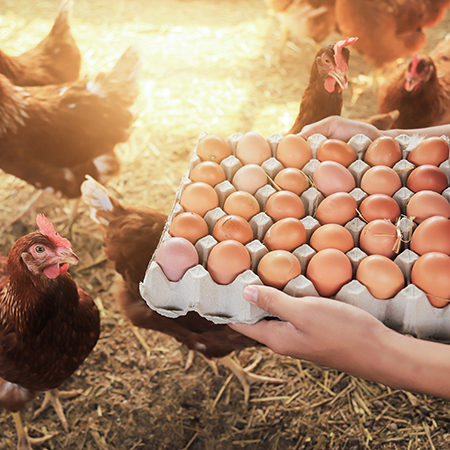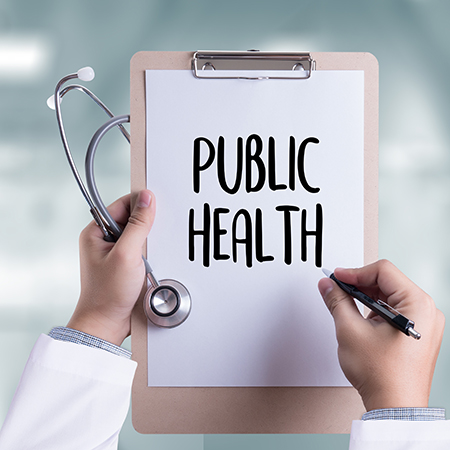The RSPCA is calling for a major overhaul of Government Buying Standards (GBS) to ensure food provided in public sector institutions such as hospitals and schools is produced to higher animal welfare standards.
The animal charity says that the Government Buying Standards benchmark for animal welfare is currently set very low, and in sectors such as eggs, meat and chicken, welfare standards are 'baseline at best'. Furthermore, with no government auditing since the introduction of GBS in 2014, there is no way of knowing whether even those baseline standards are being met. For example, it is thought only 54% of hospital food is to GBS standard (Efra report 2021). In addition, buyers are allowed to opt out of the GBS and buy from below GBS and UK baseline standards if money is tight.
Nor have the GBS rules kept pace with changing consumer demand. The RSPCA says that the GBS set for eggs and egg products is so low that the requirement is simply not to use conventional battery cages - which have been illegal in the UK (and the EU) since 2012.
The RSPCA believes that with post-Brexit free trade deal negotiations now underway, it is essential that procurement rules guarantee quality, particularly when it comes to animal welfare standards, or low welfare imports could undercut UK farmers and find their way onto the menus of public sector organisations. In addition, the Government promised that animal welfare standards in the UK would be maintained or improved post-Brexit.
RSPCA Chief Executive Chris Sherwood says an overhaul of GBS is long overdue: “It’s unacceptable that school children or sick hospital patients may be served food that has been produced to low welfare standards. What’s worse, they invariably have no choice in the matter.
“The government made a promise to the public to maintain or improve the UK’s high animal welfare standards after Brexit. The government should ensure that its GBS, which even allow products to be imported that are below British minimum welfare standards, should be improved, audited and this crucial loophole closed, otherwise UK producers that are producing to higher standards could be undercut, potentially putting them out of business and leading to a race to the bottom.
“Through its procurement policies, the government has a pivotal role to play to show that it really is serious about increasing animal welfare standards. Due to its high procurement spend it is in a great position to drive the marketplace forward.”
The RSPCA says it looks forward to working closely with the government as it sees through a review of Government Buying Standards.











